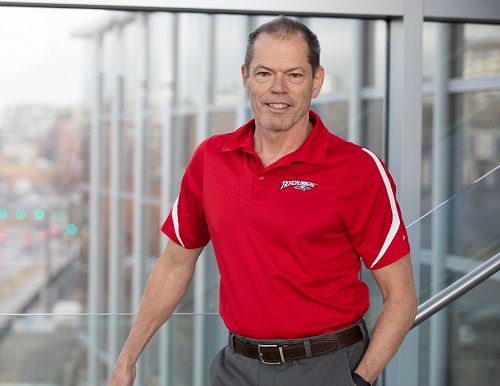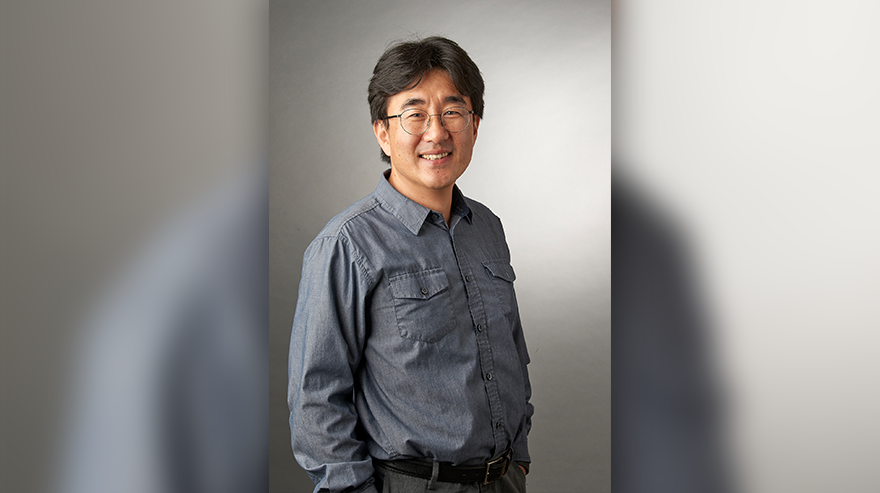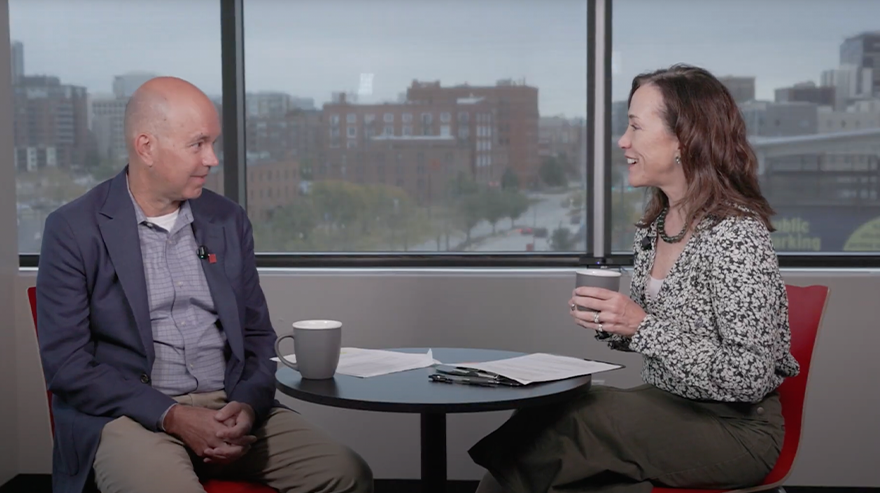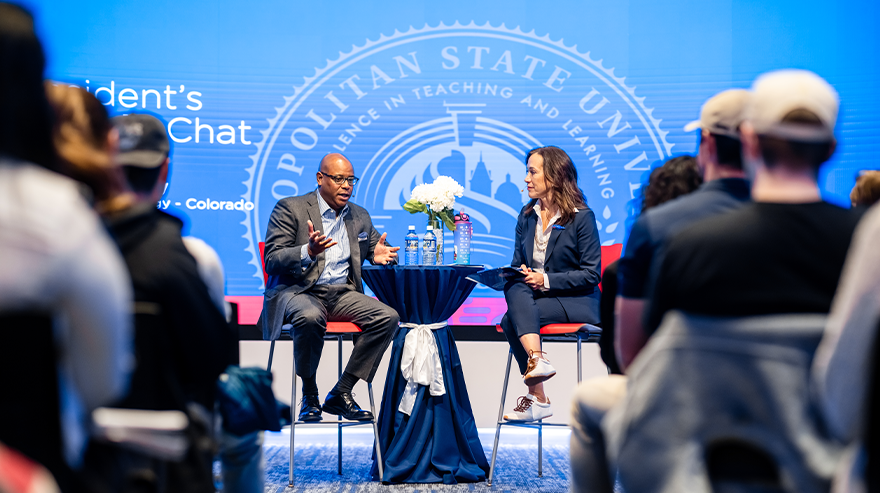Employee needs and work styles, as well as the technology that supports remote and hybrid work environments, have changed significantly in recent years.
To keep pace with progress, and to become one of Colorado’s most desired workplaces, Metropolitan State University of Denver adopted the Staff Alternative Work Arrangements Policy. The policy gives staff members and supervisors the flexibility, context and guidance to craft work dynamics that serve the employee, the team and the University.
The AWA policy has become a valuable tool, and MSU Denver continues to optimize its use in support of the University’s mission, said Larry Sampler, chief operating officer and vice president for Administration.

“It aims to create consistent expectations and practices across departments and teams to foster equity,” he said. “Not every position can support an AWA, but every employee has the right to discuss the possibility with their supervisor. So it’s important that supervisors be aware of their responsibilities when developing and implementing an AWA agreement.”
Sampler added that as AWAs are negotiated between employees and their supervisors within parameters set by the University, each can be different, but equity, consistency and communication are key.
Tips for establishing successful AWAs
Understand the options
- AWAs can include four 10-hour days, hybrid work, remote work, temporary schedule flexibility and other arrangements as needed.
- Remote work can be permitted if a position and/or responsibilities, tasks and activities can be performed remotely without adversely affecting customer service or the University’s mission to serve students.
Determine and document the right AWA for the person, the position and the team.
- In general, the AWA is determined by the employee and supervisor.
- Requests to work out-of-state or full-time remotely require the approval of Human Resources and the relevant vice president or dean.
- Employees and supervisors should leverage the Employee Self Reflection and Leader Self Reflection guides to support AWA conversations and decisions.
- Approved AWAs should be documented in the AWA Individual and Team Agreements within the AWA Team Conversations tool.
- See the Workday Job Aid: Request Flexible Work Arrangement.
Ensure that employees have the necessary equipment
- MSU Denver provides technology and equipment for employees (full-time and part-time) to complete remote and hybrid work.
- The supervisor and employee should determine together how equipment will be distributed between on-campus and remote work locations.
- Submit an ITS equipment request.
Additionally, the supervisor and employee should set expectations regarding how University equipment and data will be protected, said Mike Hart, chief information-security officer. “Data security is an important consideration, so supervisors should document requirements for the privacy of phone calls, visibility of screens and printed documents and securing the computer when the employee is away from their keyboard.”
Keep employee info updated in Workday
- Out-of-state hires and employees who move out of the state must enter their address change in Workday for Human Resources’ reporting and tax purposes.
Keep teams connected and engaged.
- Supervisors should maintain regular one-on-one meetings with direct reports and teams.
- Reference HR-curated resources on building trust and boosting productivity, increasing participation in virtual meetings and more.
- Check out the AWA Team Conversations Guide.
Remain flexible and open to change
- Remote employees should be prepared to flex their schedules or be on campus for necessary tasks as determined by their supervisor.
“AWAs have also changed the way MSU Denver uses building space, creating opportunities for efficiency in underused offices,” Sampler said.
The Office of the Controller and a portion of the Information Technology Services team is using Skedda, an office-space scheduling software that supports “hoteling” of vacant spaces. With that software, and as the University discovers other ways in which AWA is changing the material work environment, leaders will continue Ddeep Ddives and town halls to discuss new opportunities, Sampler added.







